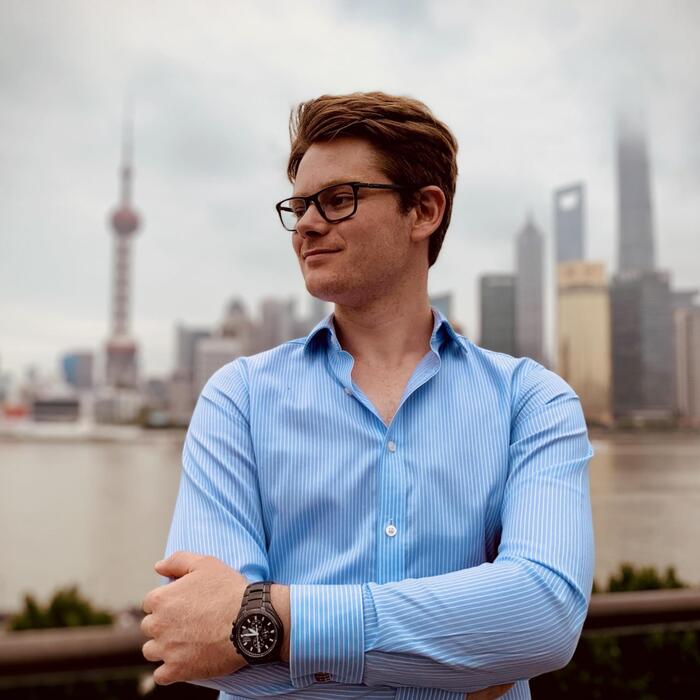China's northwestern province of
Xinjiang has eased several anti-Covid restrictions
in its capital,
Urumqi
, after a deadly fire catalyzed the anger of many Chinese and sparked a wave of protests across the country.
Residents, some of whom have been confined to their homes for weeks, will be able to travel by bus to shop in their neighborhoods starting tomorrow, officials announced at a news conference on Monday.
Package deliveries will be able to resume, but logistics workers will have to remain in "closed circuit" in company dormitories.
China later accused "
forces with ulterior motives"
of linking the deadly fire that broke out last week in
Urumqi, the capital of Xinjiang,
to strict anti-Covid measures, a key factor in nationwide protests in recent days.
"There are forces on social media with ulterior motives linking this fire to the local response to Covid-19,"
Foreign Ministry spokesman Zhao Lijian
said .
Online social media posts in Mandarin and foreign languages noted that the anti-Covid lockdowns in Urumqi hampered relief efforts in response to a fire in an apartment building Thursday night.
The British public broadcaster BBC said one of its journalists in China, who was covering protests in Shanghai against the draconian policy of the Zero Covid regime, was arrested and "beaten up by police".
"The BBC is very concerned about the treatment of our journalist Ed Lawrence, who was arrested and handcuffed while covering protests in Shanghai," a spokesperson for the group said in a statement.
The reporter said he was "beaten and beaten by the police" while working as an accredited reporter in the country.
Shanghai, the Chinese police arrest a BBC journalist after beating him
Hundreds of people demonstrated this weekend in China in several major cities, including Shanghai and Beijing, to protest the confinements and restrictions imposed by the authorities to fight the coronavirus epidemic.
The spokesman explained that the BBC had
"no official explanation or apology from the Chinese authorities, beyond a claim by officials, who later released him, that they had arrested him for his own good in the case." had caught Covid in the crowd".
For his part, Chinese Foreign Ministry spokesman Zhao Lijian said that
Lawrence's arrest in Shanghai, as part of protests against anti-Covid measures, took place "because he did not identify himself as a journalist".
The British government today called the actions of the Chinese police "unacceptable" and "worrying".
"Whatever happens, freedom of the press should be sacrosanct
," Business Secretary Grant Shapps told LBC radio.
China, bitter protests in Shanghai against the lockdowns and anti-Covid restrictions
Meanwhile , the
UN
is appealing to the Chinese authorities to respect the right to
demonstrate peacefully
.
German President
Frank-Walter Steinmeier
also said he "understands" protesters in China protesting anti-Covid restrictions.
He said he
"understands" the "impatience" of protesters in China
against drastic anti-Covid restrictions.
"I understand that people are expressing their impatience and grievances in the streets," the head of state, a moral authority in Germany, said in an interview with Deutsche Welle.
"As a democrat, I can say that freedom of expression is an important public good," he added.

